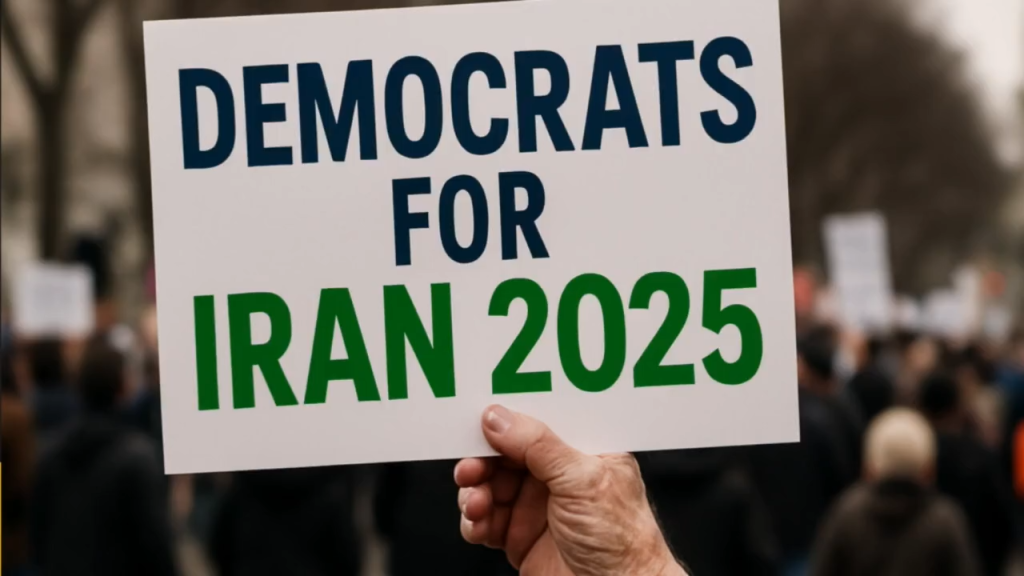Earlier this week, our nation celebrated the life and work of Martin Luther King, Jr. As part of honoring King’s legacy, we acknowledged the civil rights movement to which he dedicated his life, energy and passion.
The Birmingham Civil Rights Institute (BCRI) in Alabama is dedicated to keeping the memory and history of the movement’s leaders alive and well in the annals of history and minds of living Americans. Their job is to engage with each generation so everyone can understand and appreciate both the past civil rights struggles as well as its continuing victories. It’s not an easy job when you consider how human nature is given to either ignore or forget the events altogether or to twist the events of history for a current political purpose or angle.
The BCRI could have stayed more true to its mission and goals had it not decided to recommit to honoring noted critic of Israel, Angela Davis, with its Rev. Fred L. Shuttlesworth Human Rights Award.
The move came as part of an awkward and confusing turn of events in recent weeks. BCRI initially decided to issue the award to Davis and then quickly retracted it when certain pro-Palestinian, anti-Israel statements came to light. Now, the institute has announced that it has changed course, once again, and will present the award to Davis after all.
In a 2013 speech, Davis called into question the very legitimacy of Israel as a nation and its sovereignty to enforce borders and defend itself to terror attacks. She was clearly supportive of the boycott, divestment and sanctions movement against Israel as part of a strategy to weaken Israel.
Most troublesome is the fact that Davis played a dangerous moral equivalency game with the Palestinian movement and the American civil rights movement. She likened the Palestinian movement to the struggles of blacks in the south during the civil rights era, as well as South Africans battling Apartheid in the 1980s. Davis referred to Israel as an occupying force and oppressors.
The two movements are in diametric opposition to each other in both stated objectives and accomplishments. The civil rights movement was a non-violent effort to abolish the de facto rule that “separate but equal” was acceptable in American society and bring integration and equality of access to every American regardless of gender, race or religion.
The Palestinian movement is clearly about one gaining both political power and territory over another primarily through acts of terror.
Despite the Palestinian mandate of 1922 where a territory for Arabs and Jews was established for them to reside together “irrespective of race and religion,” the Palestinian mandate of 1968 does not even recognize the legitimacy of its neighboring nation of Israel.
While the civil rights act was being passed into law in 1964 with the goal of full integration of all citizens in American society, the Palestinian mandate was promising a constant struggle of violence against the “occupation” (by Israel) with the goal of “elimination of Zionism in Palestine.”
Promises of violence and expulsion, if not implied extermination, associated with the movement supported by Davis would seem not to align with the values of the civil rights movement.
Consider instead Israel’s 1948 declaration of independence which mirrors more of the tone and tenor of the civil rights movement: “Israel will ensure complete equality of social and political rights to all its inhabitants irrespective of religion, race, or sex…it will guarantee freedom of religion, conscience, language, education and culture.”
Israel also makes every effort to live in peace with fellow neighboring Arabs by appealing to them “to establish bonds of cooperation and mutual help to advance the entire Middle East.”
Davis has aligned herself with a movement that portrays itself as oppressed victims, while the documents by which they seek to govern the territory reveals them to be more than eager to become the oppressor they denounce.
This is the nettlesome land through which Davis is trying to navigate in her effort to continue her activism in later years. The past accomplishments she may have had 50 years ago during the civil rights movement are all but negated when she tries to straddle dualistic beliefs and political policy that are mutually exclusive of each other.
It is no wonder that skepticism and fear of legitimizing violent rhetoric have surrounded Davis receipt of the award.
Andrea Tice is News Director for the Yellowhammer News Network.












